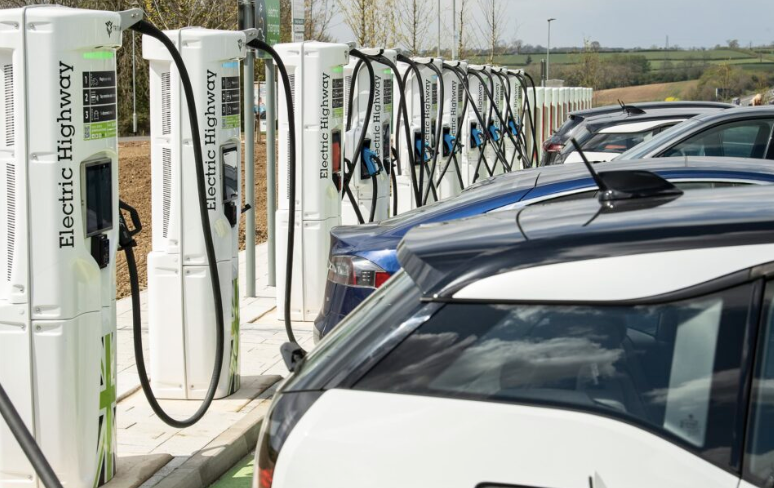Venson Automotive Solutions believes disparities in the cost and provision of EV charging needs to be addressed to help convince fleets to transition to EVs.
The warning comes following figures obtained by British Gas, showed that 21 councils across England and Wales allow motorists to top up their batteries for free, yet in other areas drivers are charged up to £4 per kilowatt hour (kWh), highlighting the postcode lottery in costs.
Public charge points for electric vehicles grew by 37% last year, yet the cost of charging and payment methods are far from cohesive across the country, as
Alison Bell, Operations Director for Venson Automotive Solutions, explains: “The acceleration rate of installing charging points is clearly disproportionate across the UK as recent data published by the Department for Transport shows. It reported that some UK local authorities have bid for UK Government funding for charging devices, and others have not, with London benefitting from a much faster expansion of its charging infrastructure than any other region. Inconsistencies like charging point access, costs and even the way driver’s pay to charge their vehicles, are just creating further barriers.”
Some operators do still require drivers to have an app before charging, joint solutions and payment apps are now available, and some operators offer reduced charging rates under a monthly subscription to help higher mileage drivers.
“Whilst payments have been simplified, the network needs to improve so that drivers have the flexibility and convenience they need to make the switch to electric,” continues Alison Bell. “As discussed in our recent white paper, ‘Living with Your Electric Vehicle’, motorway charging continues to be problematic, particularly where charging points use first generation tech that can be unreliable. The good news is, though, that progress is being made and more reliable motorway charging points are emerging and the tide is turning towards a reliable public network.”
Venson highlights that Ionity – a joint-venture between BMW, Mercedes, Ford, Hyundai and VW brands Audi and Porsche – has chargers at motorway service areas, while Instavolt has recently launched a rapid charging hub on the M6. Another positive move is KiaCharge, an exciting development through which users can access two-thirds of the UK’s public charging infrastructure – 13,900 UK charging points – from one account.
The emergence of a new trend for energy and oil giants buying up EV charging networks is another interesting development, believes Venson; BP Pulse is part of the BP group, Shell has its own network of rapid charging points, Total recently acquired the Source London network and Pod Point is owned by EDF Energy. Clearly, the future direction of the automotive industry is electric, and it is a good sign that industry giants recognise the importance of a reliable network. However, major fleet stakeholders will need to be won over if we are to collectively meet the Government’s new EV world deadline.
Source: https://greenfleet.net/




